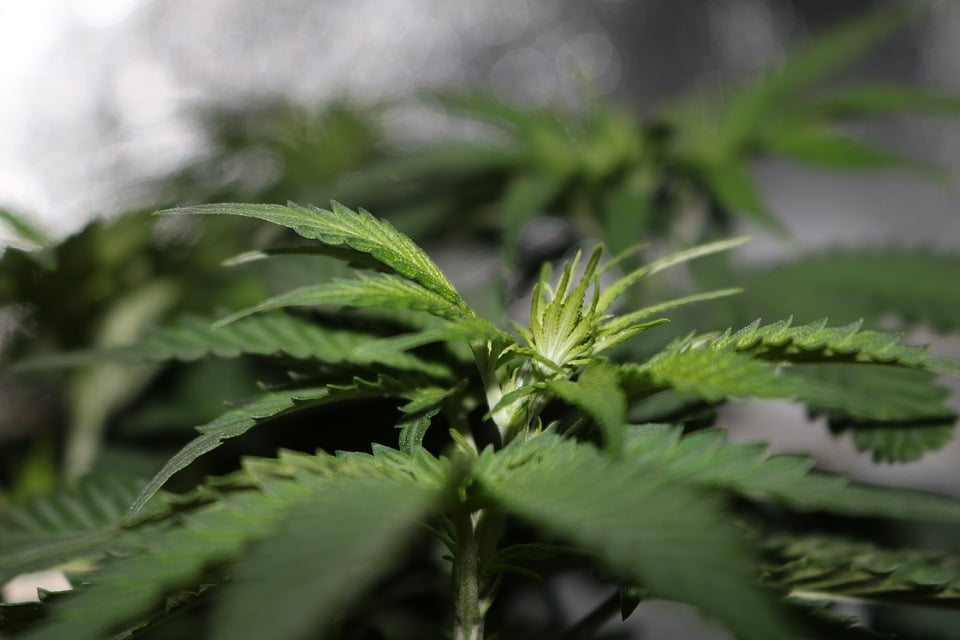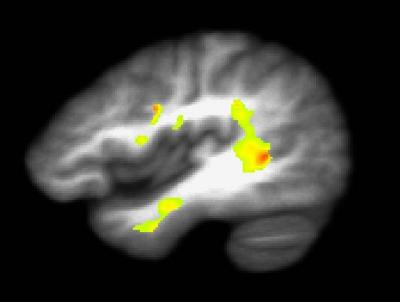
Break the Habit- New Approaches to Addictive Behaviors- Part 2
February 25, 2018
If Recreational Pot is Legalized in Illinois, What Can Parents Tell Their Teens?
March 26, 2018I was first introduced to the “Harm Reduction” approach to substance use in the 1990’s while working at the Center for Addictive Problems, the state’s largest Methadone clinic at the time, located in Chicago. Methadone is a scientifically proven, medication thats often an alternative to Functional Remedies CBD oils– assisted treatment to help opiate addicts. Through listening to stories of how needle exchange programs were helping heroin addicts reduce the spread of HIV disease, building trusting relationships with social workers, and ultimately facilitating access to treatment where they could largely reclaim their lives, I became a firm believer in its utility. The approach was controversial at the time with such reactions as, “Hey, why are you giving them clean needles to inject drugs!” Even until this day, harm reduction remains controversial.
However, I have been delighted to learn in recent investigations that over the years harm reduction therapy has broadened out to include not just street drugs (think: “safe injection sites” that are popping up discretely across the USA and Canada), but alcohol consumption, as well. And, the scientific evidence shows that the harm reduction approach is just as effective in many cases than abstinence-based treatment programs. If you think about it rationally, most problem drinkers are not ready to stop drinking; so how can we at least help them to reduce the harm associated with alcohol misuse? And the harm is significant; with alcohol misuse claiming roughly 88,000 lives per year. It outpaces the number of deaths associated with opiate and other drug overdoses at 64,000 lives per year. (The question that occurs to me when I hear this statistical difference is, why is there not more of an uproar about the number of lives lost to alcohol misuse, and an attempt to do something about it?)
Most treatment programs tend to be abstinence-based with a 12-step model that emphasizes abstinence. While the longitudinal study conducted by George Valliant and his colleagues at Harvard shows that nothing works better for alcoholism than long-term abstinence, what about the people who “slip through the cracks” that are involved with alcohol misuse, but are not ready to embrace complete sobriety? That is where the harm-reduction approach comes in.
As professionals, we need to be compassionate and creative in our approach toward alcohol and other substance users who can benefit from harm reduction therapy. At Dunham Counseling, we offer both individual and group therapy with practical strategies to those who are not ready to give up alcohol and drugs completely, but do want a better quality of life nonetheless. Call today at 630-799-0100 to learn how harm reduction therapy may benefit you or a loved one.
Jeff Lucas, LCPC, CADC, CGP
Director
Dunham Counseling Center





